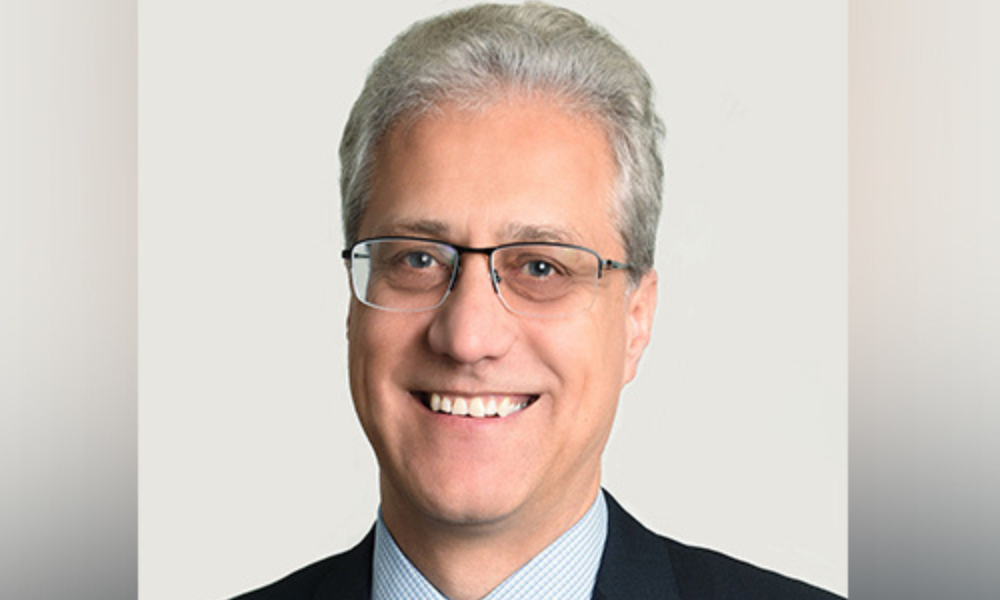Investment advisor and portfolio manager urges conservative course correction amid market challenges

While many investors this summer were hopeful that central bankers would make a dovish policy pivot by next year, those hopes have been dampened by more recent data and policy statements.
The latest business outlook survey from the Bank of Canada shows most firms think a recessionary outcome is likely; a new global survey of CEOs conducted by KPMG likewise reveals a strong 86% majority expecting a recession. The International Monetary Fund last week also warned that countries representing a third of world output could be in recession next year as it cut its 2023 global growth forecasts.
Even against that economic backdrop, many investors will nonetheless be inclined to stay the course and their advisors will likely support that viewpoint. But John De Goey, a senior investment advisor and portfolio manager at Wellington-Altus Private Wealth, is taking a more adaptive view.
Read more: 'Recession is unavoidable' but portfolios should stay the course
“I counsel my clients to take the long view, which means holding on perhaps 95% of the time,” he told Wealth Professional. “But I think for advice to be credible, there has to be some balance. There must be some circumstances when you can sell, too.”
While the advice to keep calm and look past market turbulence is usually sound advice, DeGoey maintains that the current market may be an exception. The monetary policy cause and effect is hard to avoid. If market drops continue due to entirely foreseen rate hikes, more prudent courses of action should at least be on the table.
After the Covid lows in March 2020, historically accommodative monetary policy gave the stock market and the larger economy a lot of runway to advance. Accordingly, the markets of 2020 and 2021 were buoyed by central bank accommodation. But in 2022, investors are realizing that the easy gains are in the past. With rates being hiked at every meeting, the expected consequences are predictable. Central bankers are making it plainly clear that they will do what is necessary to bring inflation – which they had previously dismissed as transitory – back under control.
“It's fine to take a long-term view, but don't try to sugar-coat things when it's obviously not going to be an easy go for the next three months, and possibly the next 16 months,” De Goey says.
While rate hikes are a challenge to navigate under any circumstances, 2022 is especially challenging as governments and households have far more debt on their balance sheets than in previous generations when we've had rate hikes. De Goey notes that that past 40 years have brought a secular bull market in bonds. A downward trend in interest rates made taking on debt practically pain-free, giving nearly two generations of people access to easy money.
As the long-drawn era of low interest rates – fed by trends like globalization and the technology boom – comes to a close, it could also be time for investors at large to seriously re-evaluate their appetite for risk.
Read more: What portfolio risks should advisors be paying attention to?
“I think a lot of ordinary people think they're bulletproof because they've never had to experience a prolonged rising-rate environment in their adult lifetime,” De Goey says. “But how can you honestly say how you're going to react to a circumstance, if you've literally never experienced that circumstance in your life before?”
At a minimum, De Goey suggests that investors consider a slightly more tactically conservative asset allocation within what their KYC parameters can allow. There’s generally room to deviate by 10% from the allocation specified on a new client application form, which means a 60/40 investor may be placed into a 50/50 stock-bond allocation.
“You could also consider moving out of growth stocks and into value stocks, or maybe out of expensive markets and into cheaper ones,” he adds. “On the income side, you can go from the long end to the short end of the curve.”
John De Goey is a Senior Investment Advisor at Wellington-Altus Private Wealth. His views are his own, and not necessarily those of WAPW.



